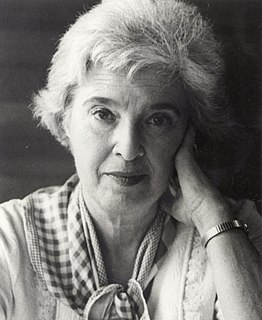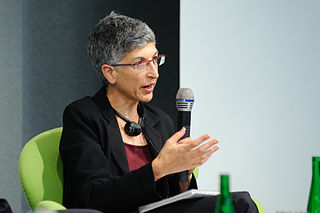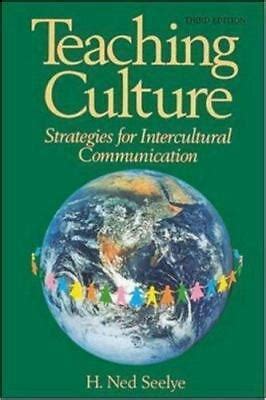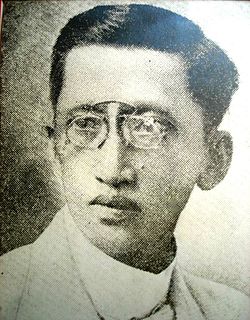A Quote by Gerda Lerner
We can learn from history how past generations thought and acted, how they responded to the demands of their time and how they solved their problems. We can learn by analogy, not by example, for our circumstances will always be different than theirs were. The main thing history can teach us is that human actions have consequences and that certain choices, once made, cannot be undone. They foreclose the possibility of making other choices and thus they determine future events.
Quote Topics
Acted
Actions
Actions Have Consequences
Always
Analogy
Be Different
Cannot
Certain
Choices
Circumstances
Consequences
Demands
Determine
Different
Events
Example
Future
Future Events
Generations
History
How
Human
Human Actions
Learn
Made
Main
Main Thing
Making
Once
Other
Our
Past
Past Generations
Possibility
Problems
Solved
Teach
Than
Thing
Thought
Thus
Time
Undone
Us
Were
Will
Related Quotes
By instructing students how to learn, unlearn and relearn, a powerful new dimension can be added to education. Psychologist Herbert Gerjuoy of the Human Resources Research Organization phrases it simply: 'The new education must teach the individual how to classify and reclassify information, how to evaluate its veracity, how to change categories when necessary, how to move from the concrete to the abstract and back, how to look at problems from a new direction — how to teach himself. Tomorrow's illiterate will not be the man who can't read; he will be the man who has not learned how to learn.'
In this life we have to make many choices. Some are very important choices. Some are not. Many of our choices are between good and evil. The choices we make, however, determine to a large extent our happiness or our unhappiness, because we have to live with the consequences of our choices. Making perfect choices all of the time is not possible. It just doesn't happen. But it is possible to make good choices we can live with and grow from.
If we don't accept the uncomfortable proposition that every perpetrator of virtually every act of evil in our history has been a human being like us, then we actually foreclose the possibility of understanding how we do this to one another and therefore make it impossible to figure out how we might prevent these things.
What happened on "As Cool As I Am" was, you know how in the `90s, "the personal is political, the political is personal"? That was a really big thing. Choices you made about how you recorded and what instruments you used and how much real versus how much synthetic. Those were choices that were seen as very political at the time.
One of the things that has really hit home for me is that the world is how we decide it is going to be. Very few things just happen. They grow out of history, and they grow out of the present, and the more we can get a sense of how our actions lead into other actions in the future, hopefully we'll learn to make better decisions.
Culture is an abstraction; it cannot actually be seen or touched.... We see people acting in agreed-upon ways in the face of similar situations...we notice people moving their bodies in certain ways - making choices in their lives about where to live, what to eat, how to learn, how to work and love - in response to similar events and experiences, and say: "oh, these people belong to the same culture".
Life is like a game where you seek to overcome the obstacles that stand in the way of achieving your goals. You get better at this game through practice. The game consists of a series of choices that have consequences. You can't stop the problems and choices from coming at you, so it's better to learn how to deal with them.
Today’s events are tomorrow’s history, yet events seen by the naked eye lack the depth and breadth of human struggles, triumphs and suffering. Writing history is writing the soul of the past… so that the present generation may learn from past mistakes, be inspired by their ancestor’s sacrifices, and take responsibility for the future.
I feel history is more of a story than a lesson. I know this idea of presentism: this idea of constantly evoking the past to justify the present moment. A lot of people will tell you, "history is how we got here." And learning from the lessons of history. But that's imperfect. If you learn from history you can do things for all the wrong reasons.
Not without design does God write the music of our lives. Be it ours to learn the time, and not be discouraged at the rests. If we say sadly to ourselves, "There is no music in a rest," let us not forget " there is the making of music in it." The making of music is often a slow and painful process in this life. How patiently God works to teach us! How long He waits for us to learn the lesson!
In the space between stimulus (what happens) and how we respond, lies our freedom to choose. Ultimately, this power to choose is what defines us as human beings. We may have limited choices but we can always choose. We can choose our thoughts, emotions, moods, our words, our actions; we can choose our values and live by principles. It is the choice of acting or being acted upon.







































